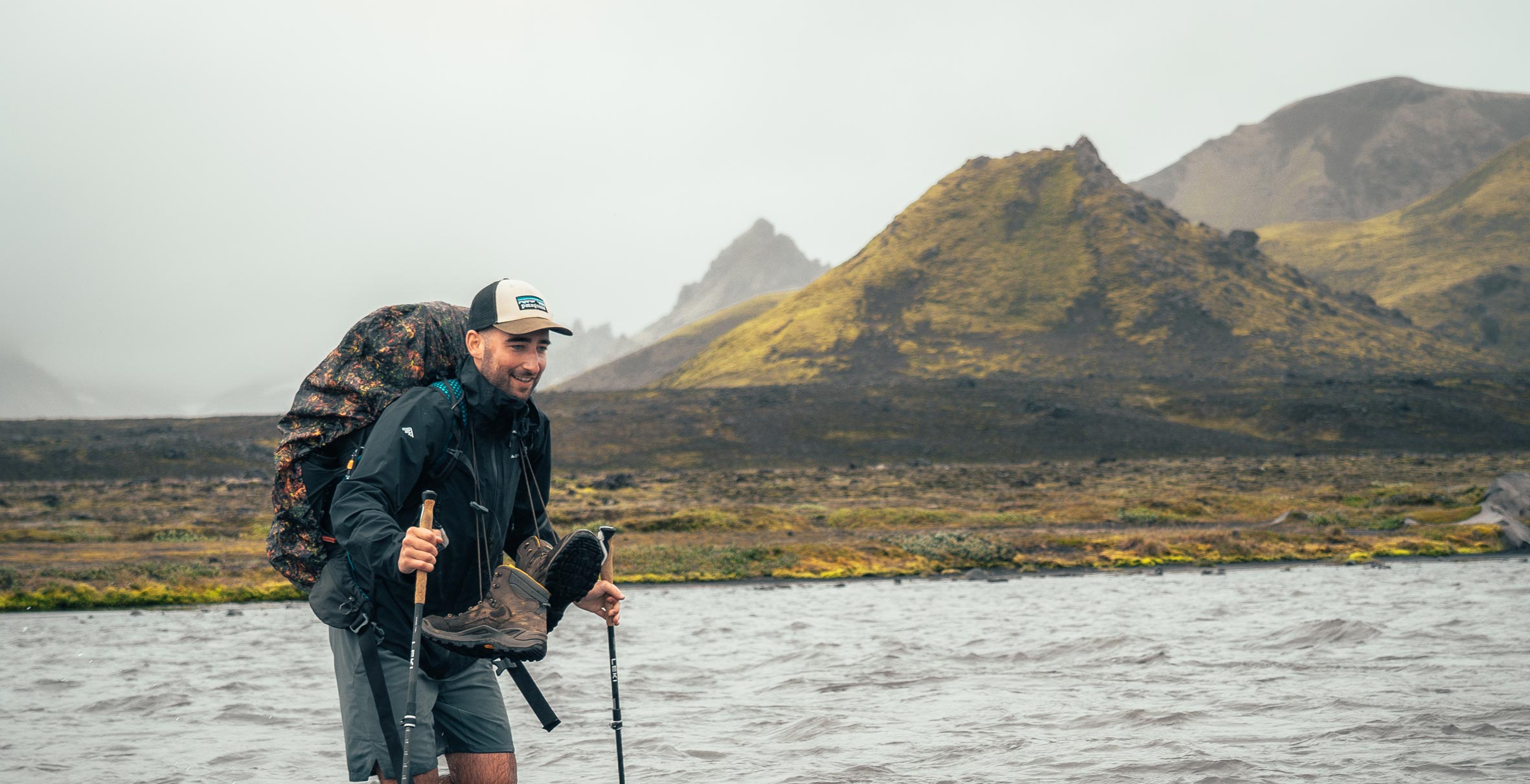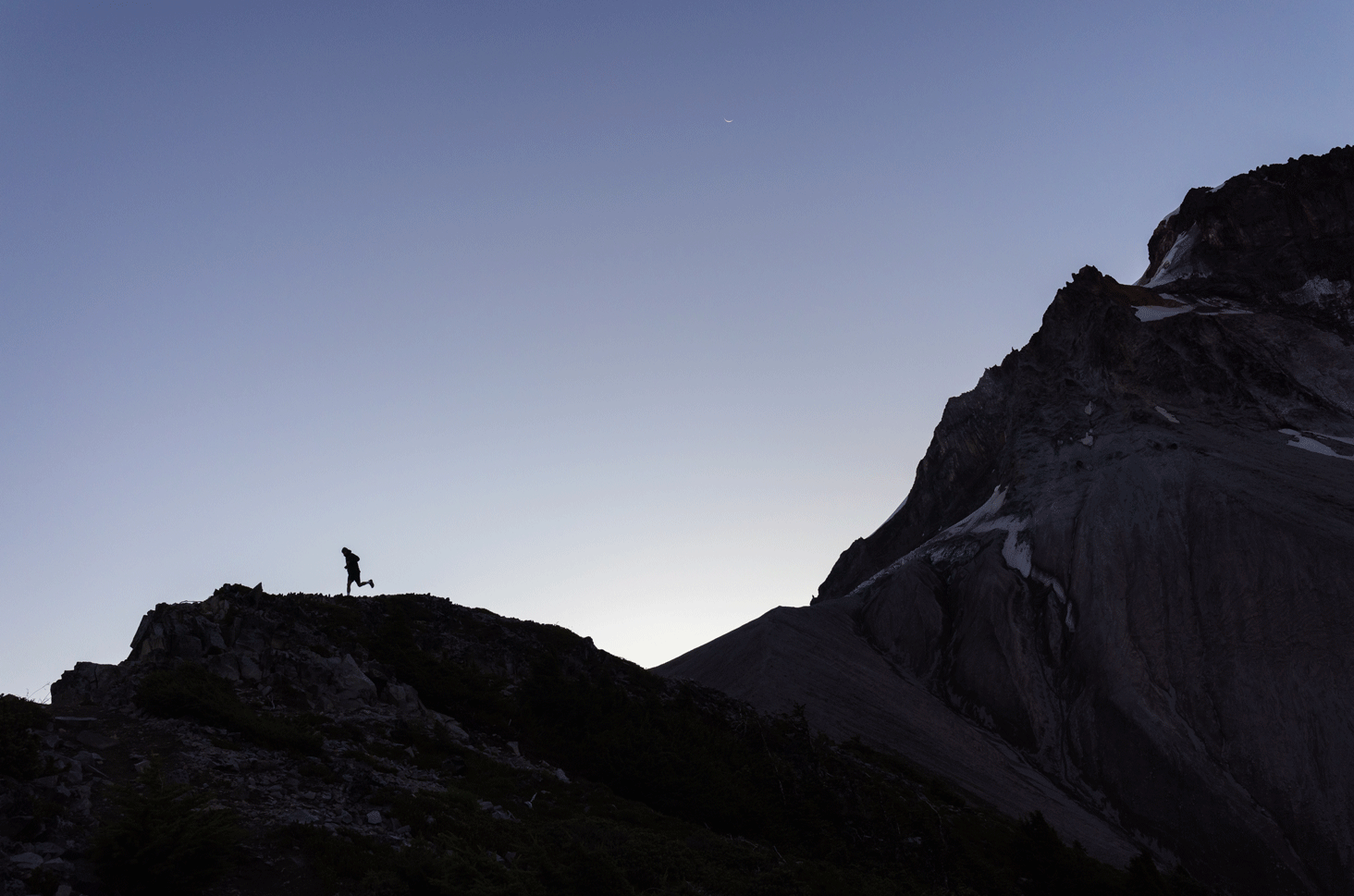 Are you planning your first hiking trip and feeling a little overwhelmed? Don't worry; we've got you covered. Hiking is a great way to connect with nature, exercise, and enjoy breathtaking views. But before you head out, it's essential to prepare properly. In this article, we will share our expert hiking tips for beginners to help you avoid common pitfalls and ensure a safe and enjoyable adventure.
Are you planning your first hiking trip and feeling a little overwhelmed? Don't worry; we've got you covered. Hiking is a great way to connect with nature, exercise, and enjoy breathtaking views. But before you head out, it's essential to prepare properly. In this article, we will share our expert hiking tips for beginners to help you avoid common pitfalls and ensure a safe and enjoyable adventure.
1. Start with a Short and Easy Trail
It's crucial to begin with a short and easy trail if you're new to hiking. Choose a path with a low elevation gain, well-marked trails, and not too many obstacles. This way, you'll have time to get used to walking with a backpack and proper hiking shoes, and you'll be able to evaluate your physical abilities. Gradually, you can increase the difficulty level of your hikes.
2. Wear Appropriate Hiking Gear
Investing in quality hiking gear is essential to have a successful and enjoyable trip. Proper hiking shoes or boots, waterproof clothing, and a backpack are essential items you need to have. Additionally, wear comfortable, moisture-wicking clothing that's suitable for the weather conditions.
3. Carry Enough Water and Snacks
Staying hydrated and fueled is crucial while hiking. Always carry enough water and snacks to keep your energy levels up. For longer hikes, consider carrying a water filter or water purification tablets to refill your water bottle from natural sources.
4. Pack a First Aid Kit
Accidents can happen, so it's important to carry a first aid kit with you. It should contain bandages, gauze pads, antiseptic wipes, and other essentials. Make sure to know how to use the items in your first aid kit before your trip.

5. Check the Weather Forecast
Before heading out, check the weather forecast for the day and location you're hiking. Be prepared for changing weather conditions, and consider postponing your trip if the forecast calls for dangerous weather conditions.
6. Plan Your Route
Plan your route before starting your hike and make sure to inform someone about your itinerary. Carry a map and compass or GPS, and make sure to stay on the marked trails. Avoid shortcuts or creating your own trails, as they can damage the environment and lead to accidents.
7. Be Aware of Wildlife
When hiking, you're entering the habitat of wild animals. Make sure to research the local wildlife and learn how to avoid them or react if you encounter them. Keep a safe distance and avoid feeding or approaching wild animals.
8. Respect the Environment
Hiking in nature is a privilege, and it's important to respect the environment. Pack out all trash, stay on the marked trails, and avoid picking flowers or disturbing wildlife. Leave no trace, and consider carrying a trash bag to pick up litter along the trail.
9. Take Breaks When Needed
Hiking can be challenging, both physically and mentally. Take breaks when you need them, and listen to your body. Resting and eating can help prevent fatigue and improve your overall experience.

10. Be Prepared for Emergencies
In case of an emergency, stay calm and use your first aid kit and survival kit. If you have cell phone reception, call for help. Otherwise, use a whistle or a signal mirror to attract attention. Make sure to know the emergency numbers for the area you're hiking.
11. Train Your Body and Mind
Hiking requires physical and mental endurance, so it's essential to train your body and mind beforehand. Regular exercise, such as walking, running, or hiking, can improve your physical fitness.
12. Train Your Body
Hiking can be physically demanding, and it's important to prepare your body for the challenge. Before your trip, consider doing some strength training exercises, such as lunges or squats, to build leg muscles. Also, practice walking on uneven terrain to improve your balance and stability.
13. Check Your Gear Before Your Trip
Before heading out, check your hiking gear to make sure everything is in good condition. Check your hiking shoes or boots for any signs of wear and tear, and make sure they fit well. Inspect your backpack and make sure all zippers and straps are working correctly. Also, make sure you have all the gear you need, such as a headlamp or a rain jacket.
14. Leave No Trace
One of the most important rules of hiking is to leave no trace. This means that you should not leave any trash or waste on the trail, and you should avoid damaging the environment. Stay on the marked trails, and avoid trampling on vegetation or disturbing wildlife. Also, avoid making campfires unless it's allowed and safe to do so.
15. Know Your Limits
Hiking can be a challenging activity, and it's essential to know your physical limits. Don't push yourself too hard, and listen to your body. If you're feeling tired or unwell, take a break or turn back. Also, be aware of the signs of altitude sickness, such as headache, nausea, or dizziness, and take appropriate measures if necessary.
16. Learn From Your Mistakes
Even experienced hikers make mistakes, and it's important to learn from them. If you encounter a problem or make a mistake, take note of it and try to learn from it. This way, you'll be better prepared for future hikes, and you'll be able to avoid making the same mistakes again.
17. Have Fun!
Finally, don't forget to have fun! Hiking is a great way to enjoy nature, get some exercise, and spend time with friends and family. Take the time to enjoy the scenery, take pictures, and make memories that will last a lifetime.

In conclusion, hiking is an excellent activity that offers many benefits, but it's important to prepare properly and follow some basic rules to ensure a safe and enjoyable experience. By following the hiking tips we shared in this article, you'll be able to avoid common pitfalls and enjoy your first hiking trip to the fullest.













